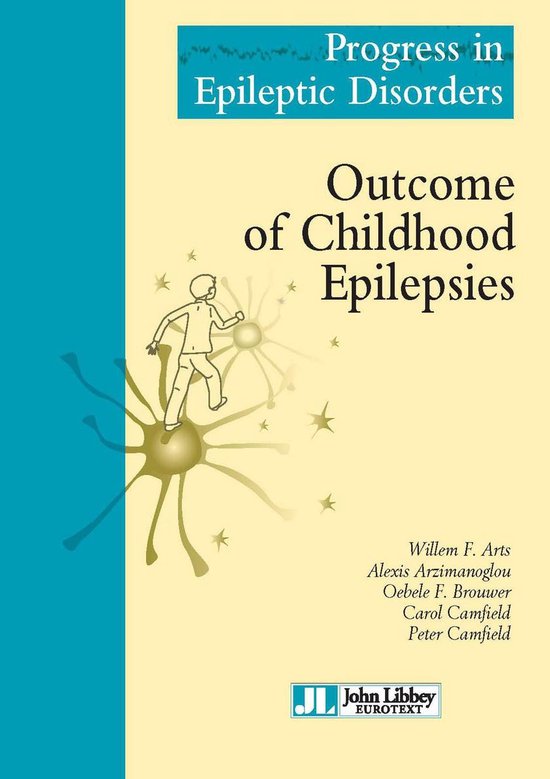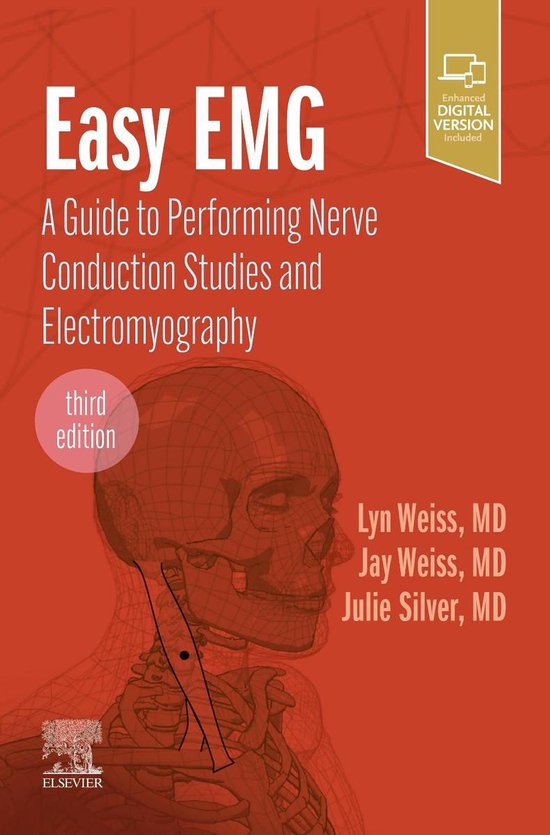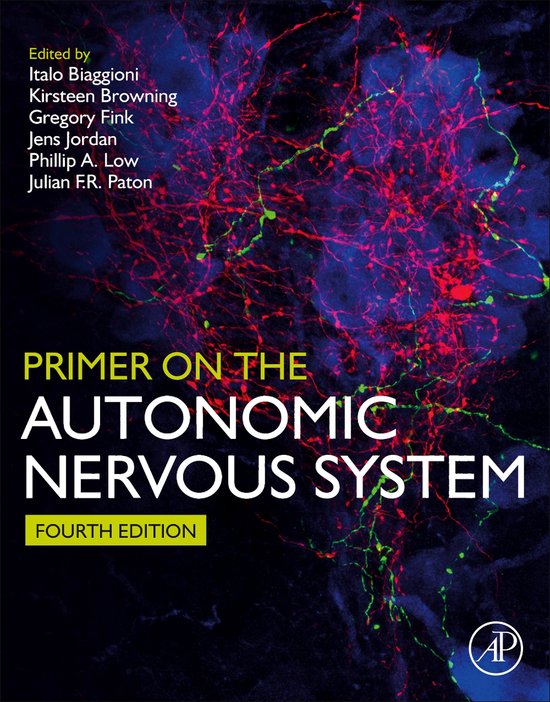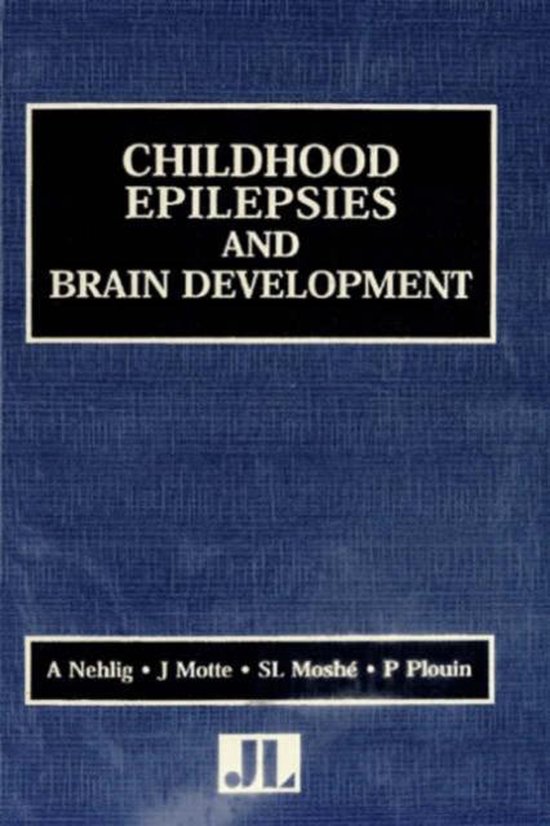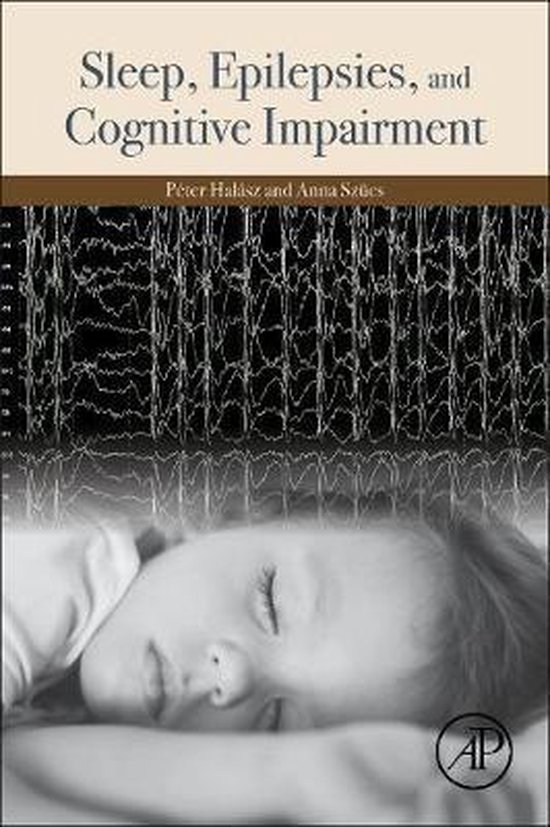
Sleep, Epilepsies, and Cognitive Impairment
Translational research connects science and clinical medicine from "the bench to the bedside." In Sleep, Epilepsies and Cognitive Impairment, the authors look back from the bedside to the brain function underlying clinical symptoms and reveal mechanisms explored by contemporary neuroimaging and signal analysis in the overlapping fields of sleep and epilepsy. This book will help the reader to see epilepsy from a new viewpoint.
The common pathophysiology binding together the diverse manifestations of epilepsies is the exaggeration of plastic functions of the brain involving the hippocampus, the non-specific thalamocortical system and the perisylvian cognitive network. Epileptic derailment seems to be the price for the latest achievements of the mammal and human brain; namely the highly developed ability to change and learn. The contemporary results of sleep research provide new viewpoints to explain why sleep and epilepsy are bedfellows. Converging evidence supports the concept that one of the most important biological roles of NREM sleep is the renewal of synaptic balance ensuring learning ability from one day to the next and consolidation of new memories. Epilepsy and NREM sleep use overlapping structures and functions, therefore epilepsy beginning in early childhood may interfere with sleep plastic functions. NREM sleep, which affects original learning and memory, may become the hidden source of chronic cognitive impairment when epilepsy occurs during sleep and blocks the plastic processes.
Sleep, Epilepsies and Cognitive Impairment abandons the academic classification of epilepsy by following the system epilepsy concept, binding major epilepsies with structures and functions of physiological brain systems. It tries to show within this system the close interrelationship between sleep, epilepsy and cognition.
Neuroscientists, clinical epileptologists and neurologists interested in brain processes underlying brain plasticity, sleep and epilepsy will find this book thought provoking. It offers good "brain-gymnastics" for reconsidering the ideas on epilepsy.
- It provides contemporary knowledge about the neurophysiological and functional anatomical background of major epilepsies
- Treats major epilepsies as system epilepsies of brain networks
- Reveals the interrelationship of sleep, epilepsy and cognitive impairment showing how epileptic manifestations became facilitated in NREM sleep and interferes with sleep plastic functions
| Auteur | | Peter Halasz |
| Taal | | Engels |
| Type | | Paperback |
| Categorie | | Wetenschap & Natuur |
